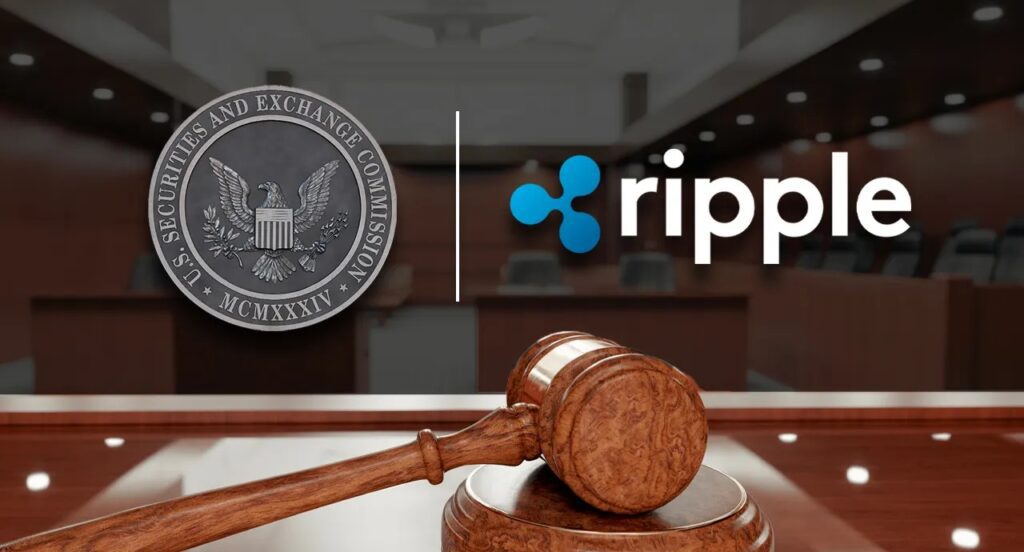Ripple Labs decided to take up the challenge the SEC before the United States Court of Appeals for the Second Circuit, filing a Form C cross-appeal challenging key aspects of the SEC’s lawsuit. This filing not only challenges an earlier ruling classifying certain XRP transactions with institutional investors as securities, but also directly addresses the SEC’s October 16 appeal that challenged a favorable district court ruling for Ripple earlier this year.
Legal rebuttal from Ripple via Form C filing
Ripple filing a Form C The cross-appeal has sparked interest within the legal and cryptocurrency communities, with Ripple’s chief legal officer Stuart Alderoty confirming the decision in an article on X. According to him, the trial will not be as dramatic as the first parts of the case. . The Court of Appeals will only review the record already set, and the SEC cannot submit new evidence or ask Ripple to produce more.
Today, Ripple filed a Form C listing the issues we plan to raise in our cross-appeal. A few things to keep in mind as we move forward:
This is not about whether XRP, in and of itself, is a security. XRP is uniquely positioned to have the clarity (alongside BTC) of not being…
– Stuart Alderoty (@s_alderoty) October 25, 2024
The appeal calls for a de novo review of all issues involved in the case, including whether Ripple’s transfers of XRP qualify as securities under the Howey Test. The Howey test, established in a 1946 Supreme Court case, determines whether a transaction constitutes an investment contract by evaluating factors such as the investment of money and the expectation of profits from the seller’s activities.
The request for de novo review could have significant implications, as it essentially aims to take a fresh look at these complex questions and how they might be applied to cryptocurrencies and other aspects of the industry.
Challenging the SEC’s Position on Cryptocurrency Regulation
Ripple’s Form C also seeks to address what it describes as vague and inconsistent statements from the SEC on the application of securities laws to digital assets. The SEC has long held that selling XRP is a securityrequiring Ripple to comply with federal securities regulations. However, Ripple’s latest Form C highlights the lack of regulatory clarity that has left the crypto industry uncertain about compliance with SEC standards.
Based on the application of the Howey Test, the court determined that sales of XRP to the general public did not constitute securities. However, it also determined that sales of XRP to institutional investors in its early days were classified as unregistered securities offerings, prompting Ripple to pay a $125 million civil penalty.
By requesting a de novo review and application of the Howey test, Ripple aims to reverse the He was asked to pay $125 million.
The outcome of this cross-appeal could have considerable consequences for the entire cryptocurrency sector. If the court sides with Ripple, the ruling could serve as precedent for future cases, potentially setting new limits on the SEC’s crackdown on the crypto industry. A ruling in favor of the SEC could further strengthen the regulator’s ability to enforce securities laws on the industry.
Featured image from Fox Business, chart from TradingView

